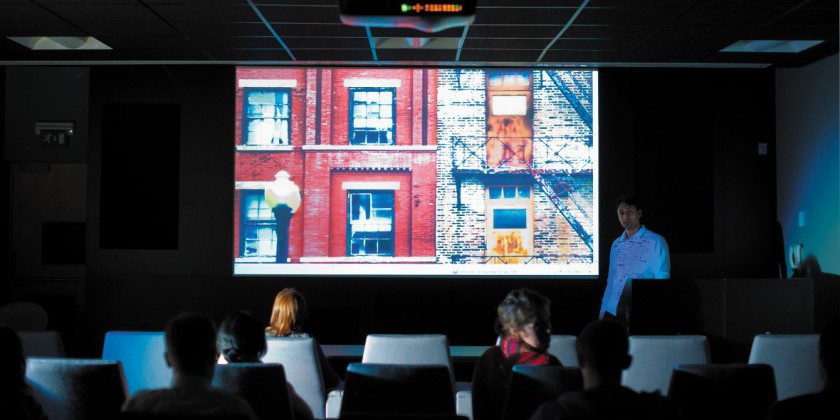
January 20, 2015, by Jackie Thompson
Getting Into the Media
By Suzanne McGregor, Careers and Employability Consultant
Do you want a career in broadcasting and programme making? Having attended a recent Royal Television Society conference with speakers from news channels, the BBC and independent production companies, I’ve put together 10 top tips for getting into the media.
1. It’s not where you start that matters
Getting in is the most important thing – don’t angst about what the role is. Entry level positions include: location assistant, floor runner, production runner, camera trainees and then once you’re in, you can then find out about the range of roles that people do and what you might enjoy. You’ll also get to know when someone leaves and have an insight into the company that might just give you the edge at an interview.
2. Don’t forget the ‘indies’
As well as the major broadcasters, there are a large number of independent production companies (indies) who make programmes for the broadcasters. Some companies specialise in particular genres such drama or factual documentaries. You can find a list of companies on Pact, the UK trade association representing and promoting the commercial interests of independent creative content producers.
3. Ask lots of questions
When you are gaining experience or talking to an industry professional, ask lots of questions about the company, their career, the different roles within the company and what skills are in demand. Not only will this impress, you will also get to know the organisation inside-out and this could prove invaluable during the recruitment and selection process.
4. Are you curious?
Recruiters are looking for applicants who are curious about a range of subjects and able to research topics thoroughly. They want you to show that you can find out new and interesting angles for stories rather than trot out the same standard fare. This goes far deeper than Wikipedia!
5. Use social media to showcase your skills
Use social media to your advantage: YouTube is an obvious powerful medium as you can create your own show but also join groups on LinkedIn and Facebook to network with professionals who work in television. Check out our blog posts on using social media to develop your career.
6. Make your CV and covering letter stand out
Companies receive hundreds of CVs, so how can you make yours stand out?
- Keep your CV clean and simple avoiding fancy graphics and text speak; show reels or similar over-designed CVs won’t impress
- Proofread it carefully for grammar and spelling errors as these mistakes can easily lead to rejection
- Clearly demonstrate the experience and skills gained during placements
In your covering letter you’ll need to demonstrate a rounded interest in the industry and a good understanding of the company, including why you want to work for them.
7. Be amazing for the right reasons
If you’re offered an interview, make the most of the opportunity by demonstrating your enthusiasm and commitment to the sector, company and role. Recruiters are amazed by the responses of some interviewees who had admitted that they didn’t watch television, didn’t know what was in the news or hadn’t watched the company’s programmes.
8. Experience being ‘on location’
It can be really useful to gain experience of a production set by going on location and many companies outside London offer volunteering opportunities. Don’t forget that on location the days start early and can finish late.
9. Join a group
If you’re serious about entering this area of work, then there’s lots going on at the University – join URN, NUTS, Journo Soc, Impact Magazine and the Creative Student Network (CSN).
We’re also running three Spotlight On… events this term focusing on careers within the creative industries: feature-writing, magazine publishing and film.
10. Be resilient
Don’t take no for an answer – resilience and persistence are essential. Doing your own research around programmes that you like is essential. Remember many opportunities are not advertised so contacting companies using a tailored CV and covering letter may just uncover a hidden gem. All the panel members at the conference had experienced rejections before getting a positive response, which might have been meeting someone for a quick coffee!
Find out more about careers in broadcasting and journalism on our website and talk to a careers adviser to progress your career plans by booking an appointment on My Career.
No comments yet, fill out a comment to be the first

Leave a Reply